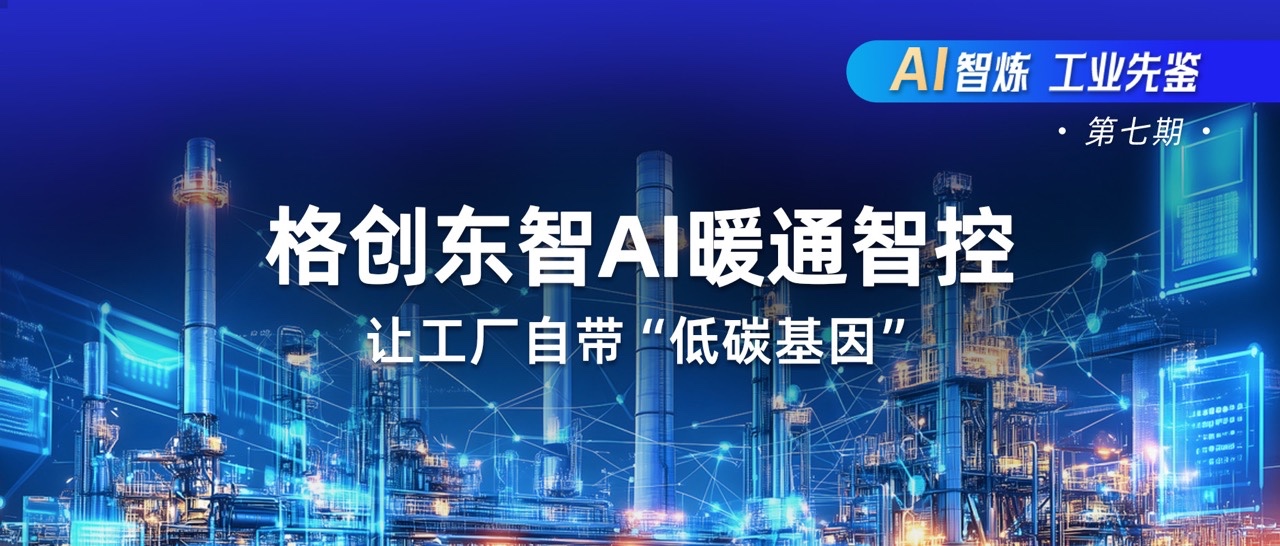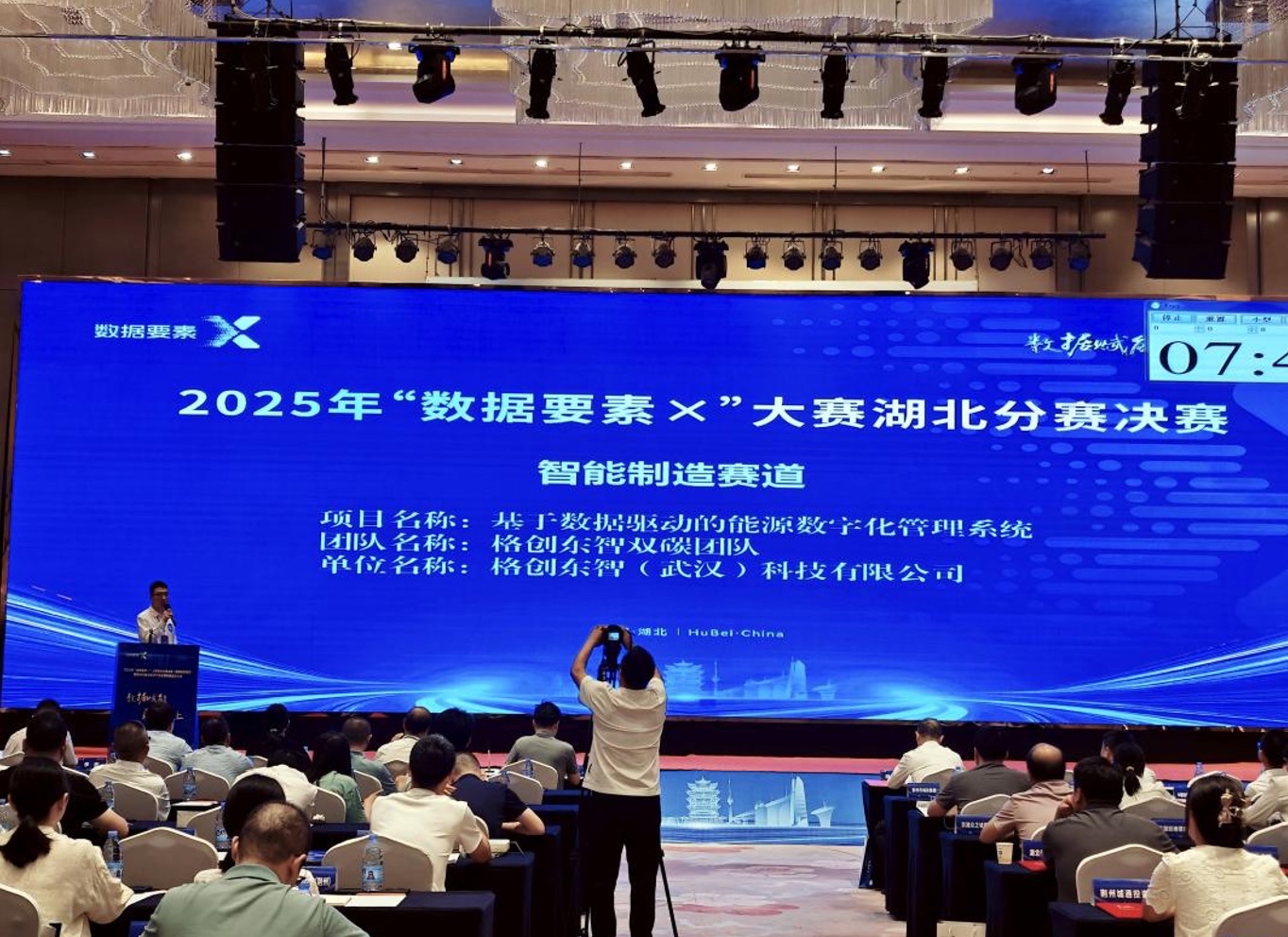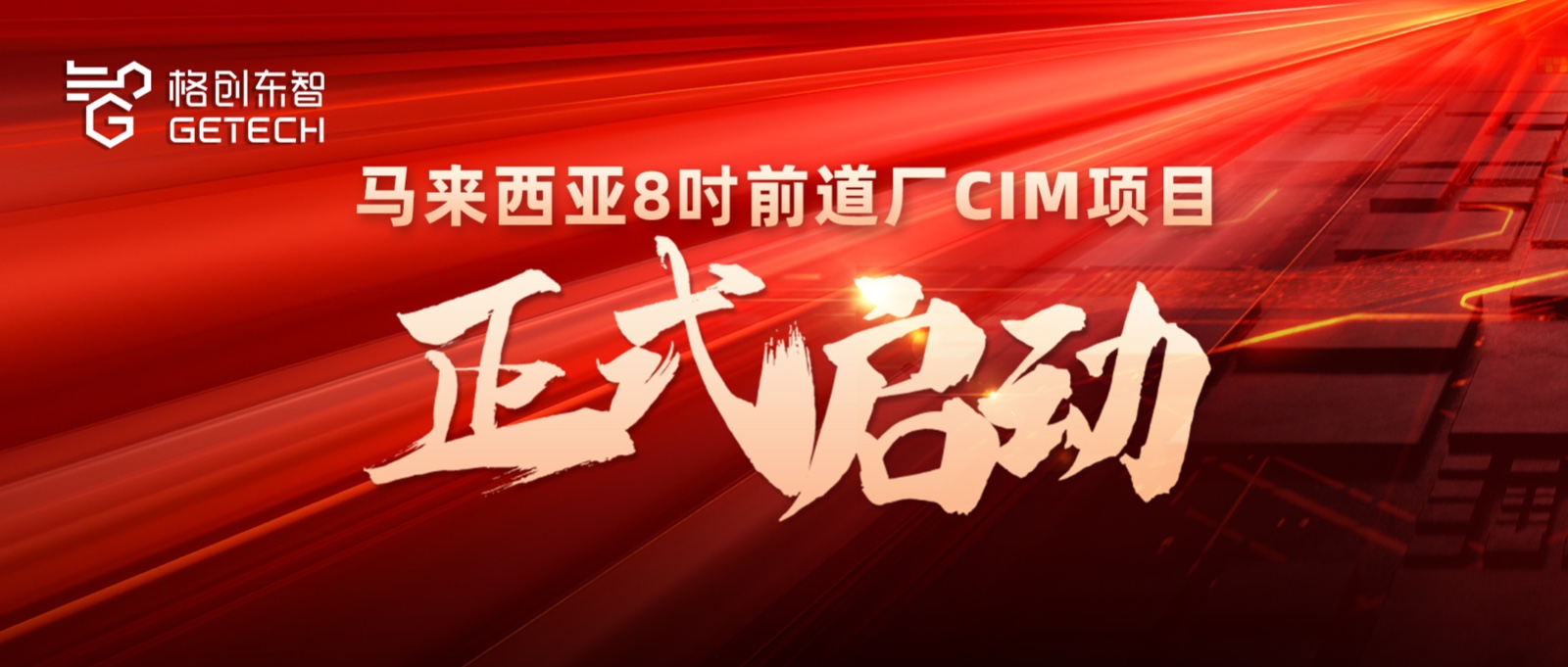Expert Talk | How Does Industrial Internet Help Enterprises Cope with the 'Dual Carbon' Challenge?
To achieve the national goal of 'carbon peak by 2030 and carbon neutrality by 2060', many enterprises have begun to focus on and implement measures for energy saving, carbon reduction, and green low-carbon initiatives. Digital technology, as an important means to achieve the dual carbon goals, has also become a key focus for enterprises.
GTRONTEC keeps pace with national development, leveraging deep industrial internet digital technology to help enterprises take the first move in dual carbon, achieving green and smart enterprises.
On the energy supply side, currently 85% of China's energy supply comes from non-renewable energy sources such as coal, oil, and natural gas. Therefore, to achieve the dual carbon goals, a key measure is to transform this 85% non-renewable energy supply into renewable clean energy sources like photovoltaic, solar, and wind power; coupled with the development of smart grids, energy storage technology, and ultra-high voltage transmission, carbon emissions can be reduced on the energy supply side.
On the energy demand side, according to statistics, manufacturing enterprises account for about 30% of China's total carbon emissions, so it is crucial to improve the low-carbon/zero-carbon level of manufacturing enterprises. One means is to increase the industrial electrification rate. Additionally, increasing natural carbon sinks through afforestation is another path.
Furthermore, China's industrial emissions are the largest source of emissions besides thermal power, and in China's thermal power-dominated electricity supply, two-thirds of the electrical energy is consumed by the industrial sector. Therefore, energy saving and emission reduction in the industrial sector is one of the main battlefields for China to achieve the dual carbon goals.
In summary, to achieve the dual carbon goals, it is essential for manufacturing enterprises to implement energy saving and carbon reduction. So, what role does the industrial internet play in the process of energy saving and carbon reduction in manufacturing?

Currently, the services provided by the industrial internet to manufacturing enterprises are mainly focused on energy digitization, achieving overall control of energy intensity and total energy consumption through energy management system platforms.
The Central Economic Work Conference held in December 2021 proposed that for the strategic goals of carbon peak and carbon neutrality, scientific assessment should be conducted, and conditions should be created to achieve the transition from 'dual control' of total energy consumption and intensity to 'dual control' of total carbon emissions and intensity as soon as possible.
Although this transition is beneficial for better assessing enterprises' energy saving and carbon reduction levels, there are also some practical difficulties. The core difficulty is that the accounting of 'dual control' data for carbon emissions is more complex than that for energy consumption.
In the past, as long as an enterprise established an energy consumption management center, it could better evaluate its 'dual control' level for energy consumption. Under carbon emission 'dual control', enterprises not only need to establish an energy consumption management center but also corresponding carbon emission and carbon management systems. At this time, digital technology becomes crucial.
Through digital technology, we can help enterprises quickly account for the total amount and intensity of carbon emissions, creating a clear 'carbon emission account'. This not only helps enterprises cope with assessments but also enables fine management, continuously outputting the most energy-saving and optimal energy consumption planning and calculations, laying a good foundation for enterprises in the future carbon trading market.
GTRONTEC's smart energy management system EMS has provided 'dual control' accounting tools for many leading enterprises in various industries, enhancing their energy consumption perception capabilities.
In the era of carbon emission 'dual control', carbon measurement, carbon inventory, carbon accounting, carbon footprint, carbon assets... have been put on the agenda. How will GTRONTEC help enterprises overcome these 'challenges'?
Stay tuned......





